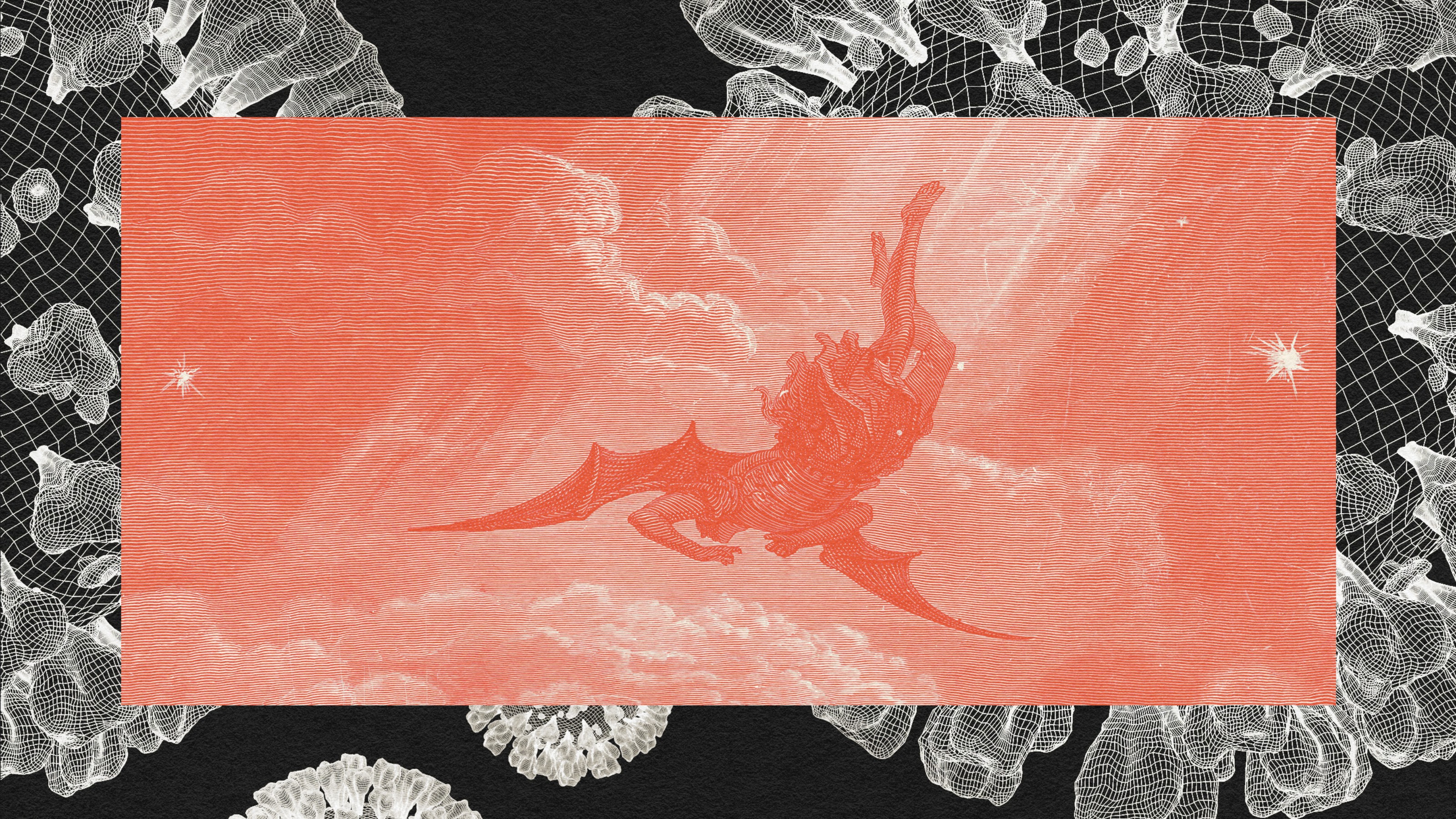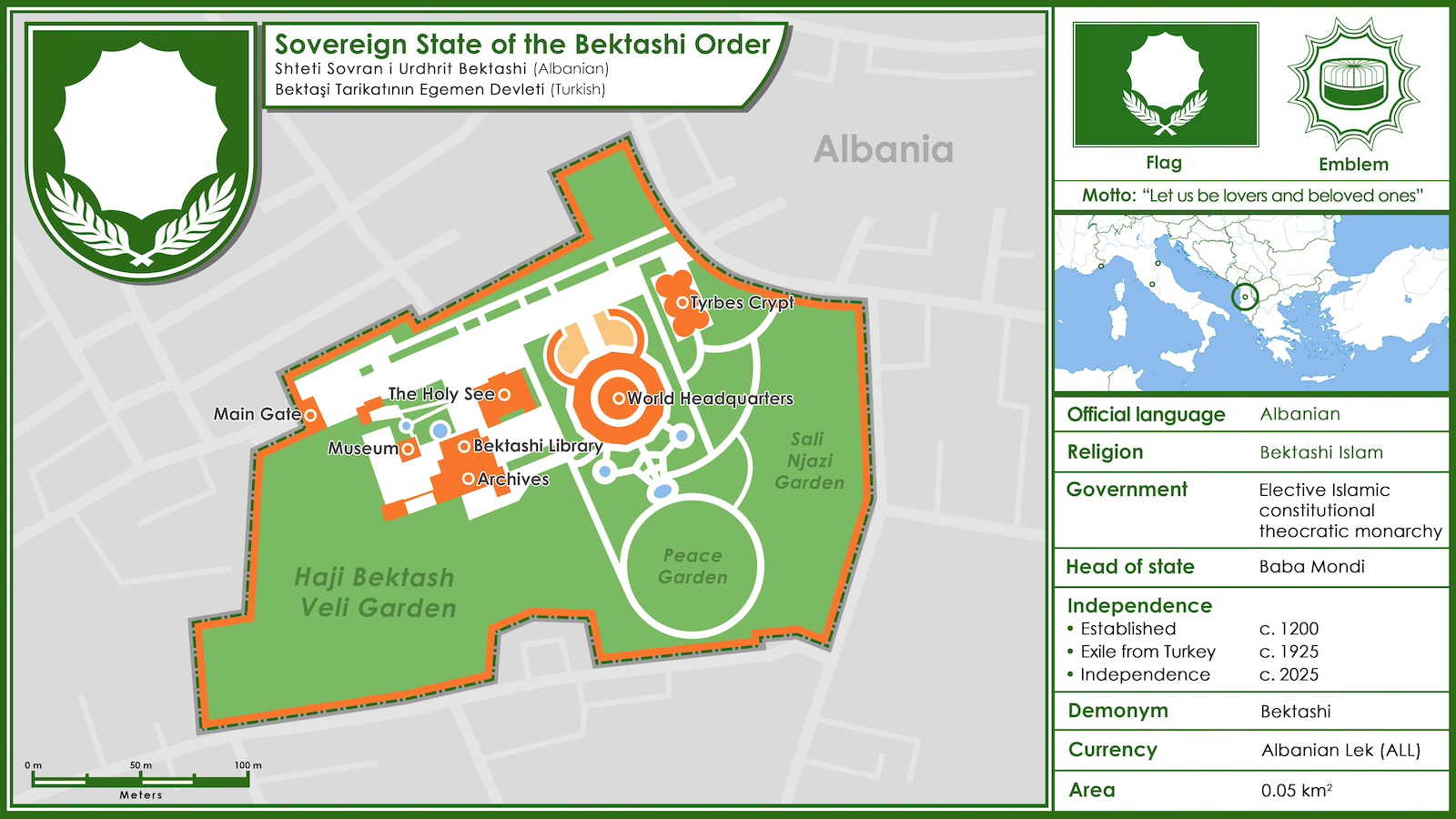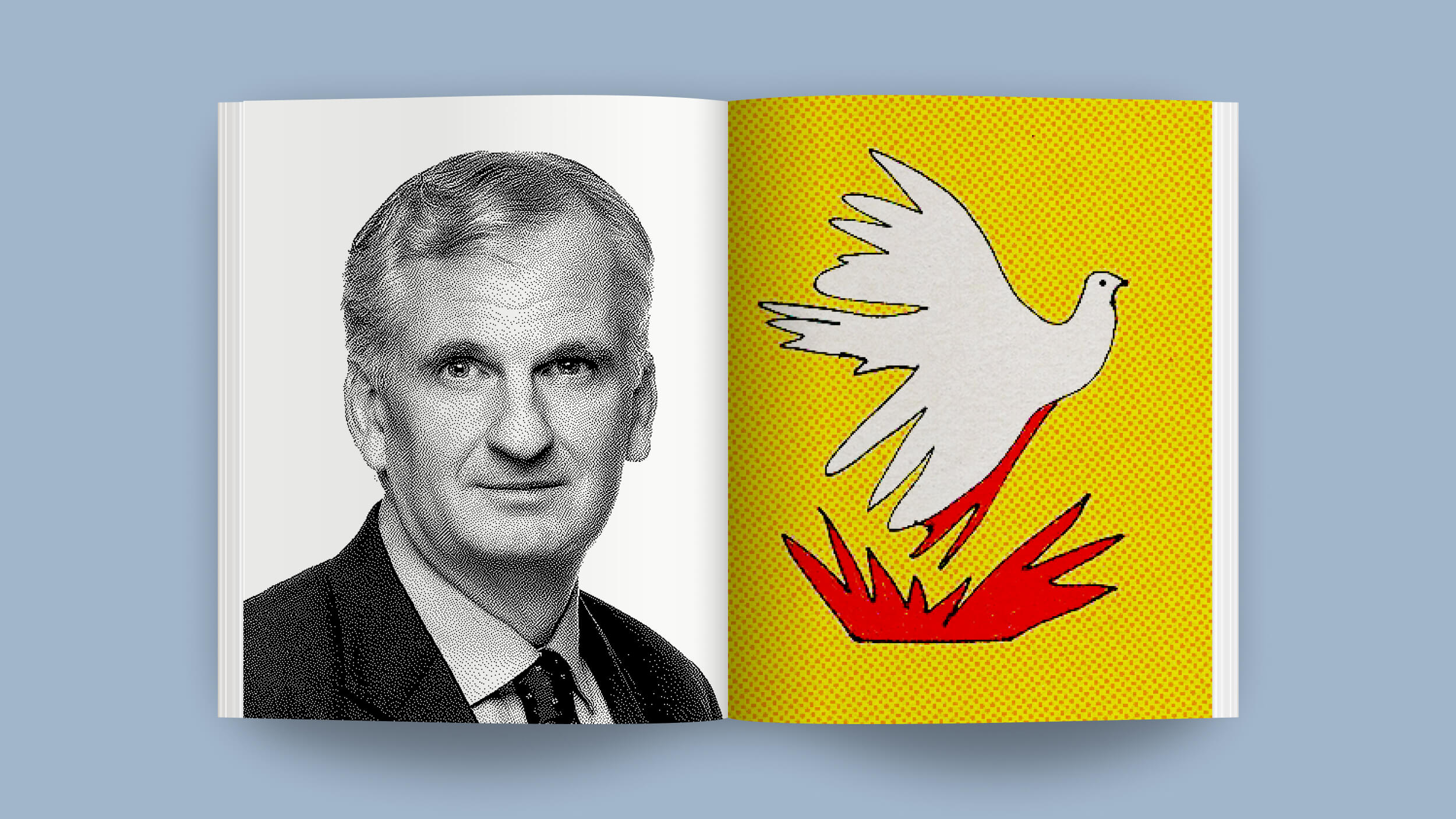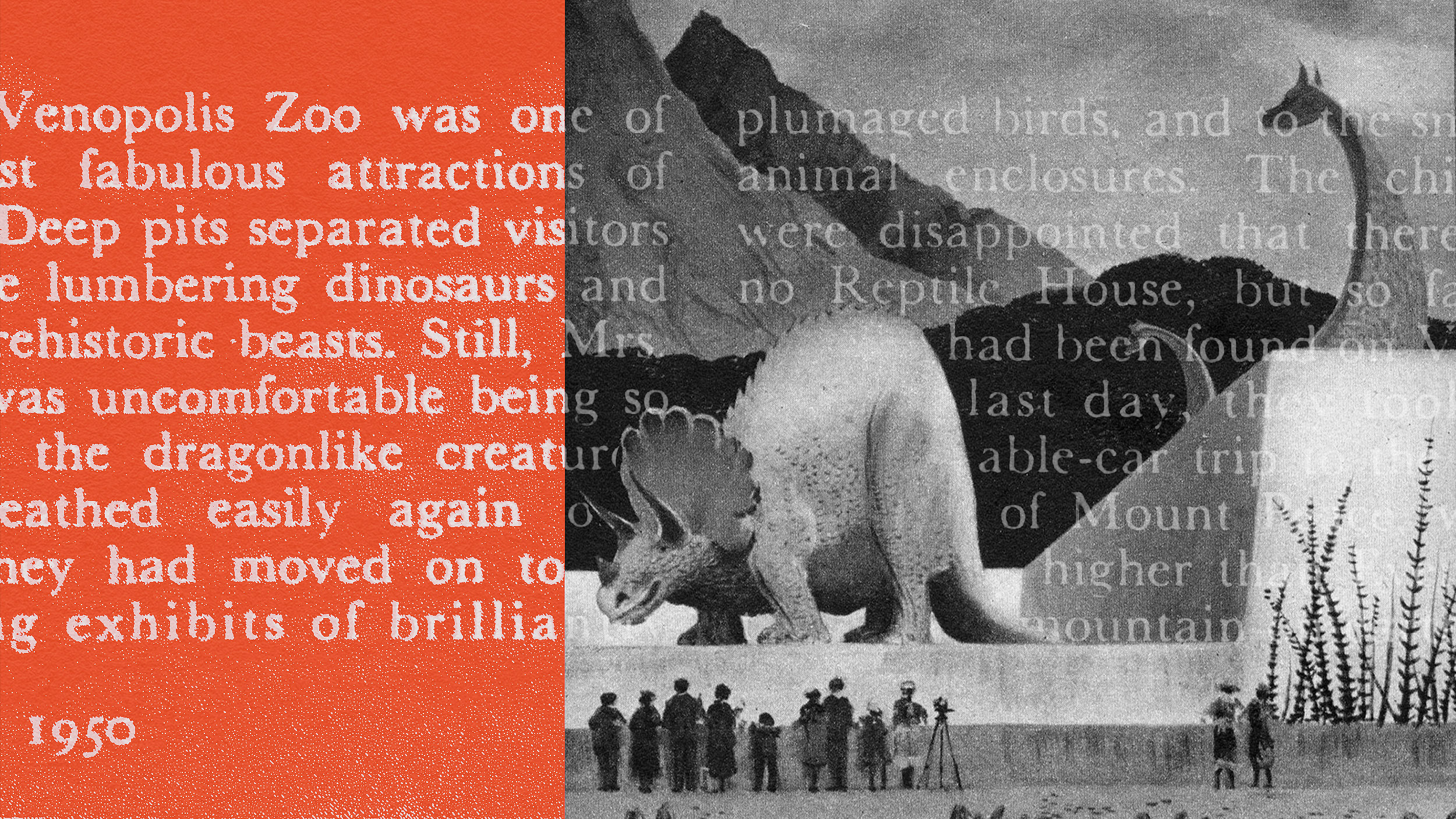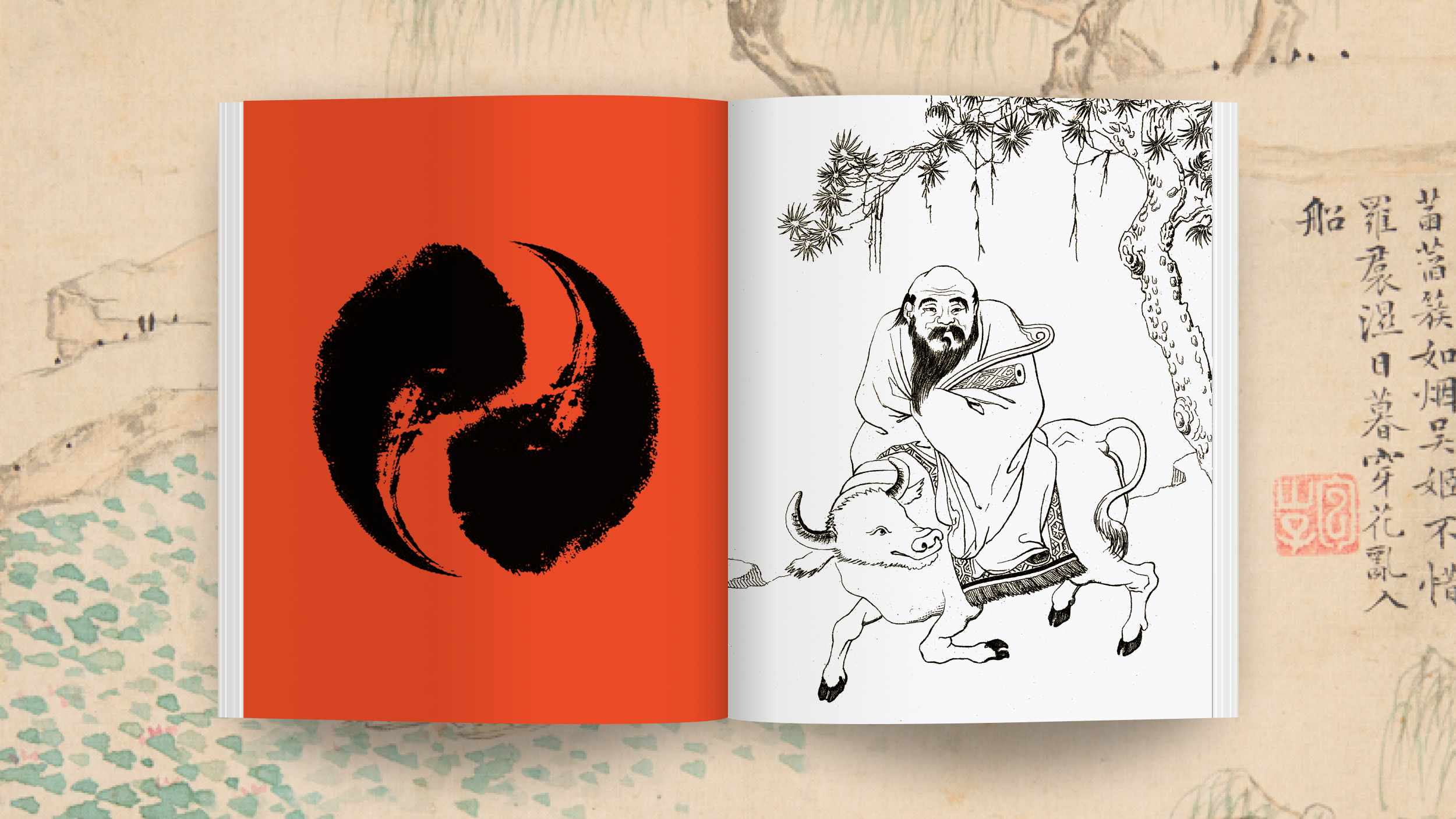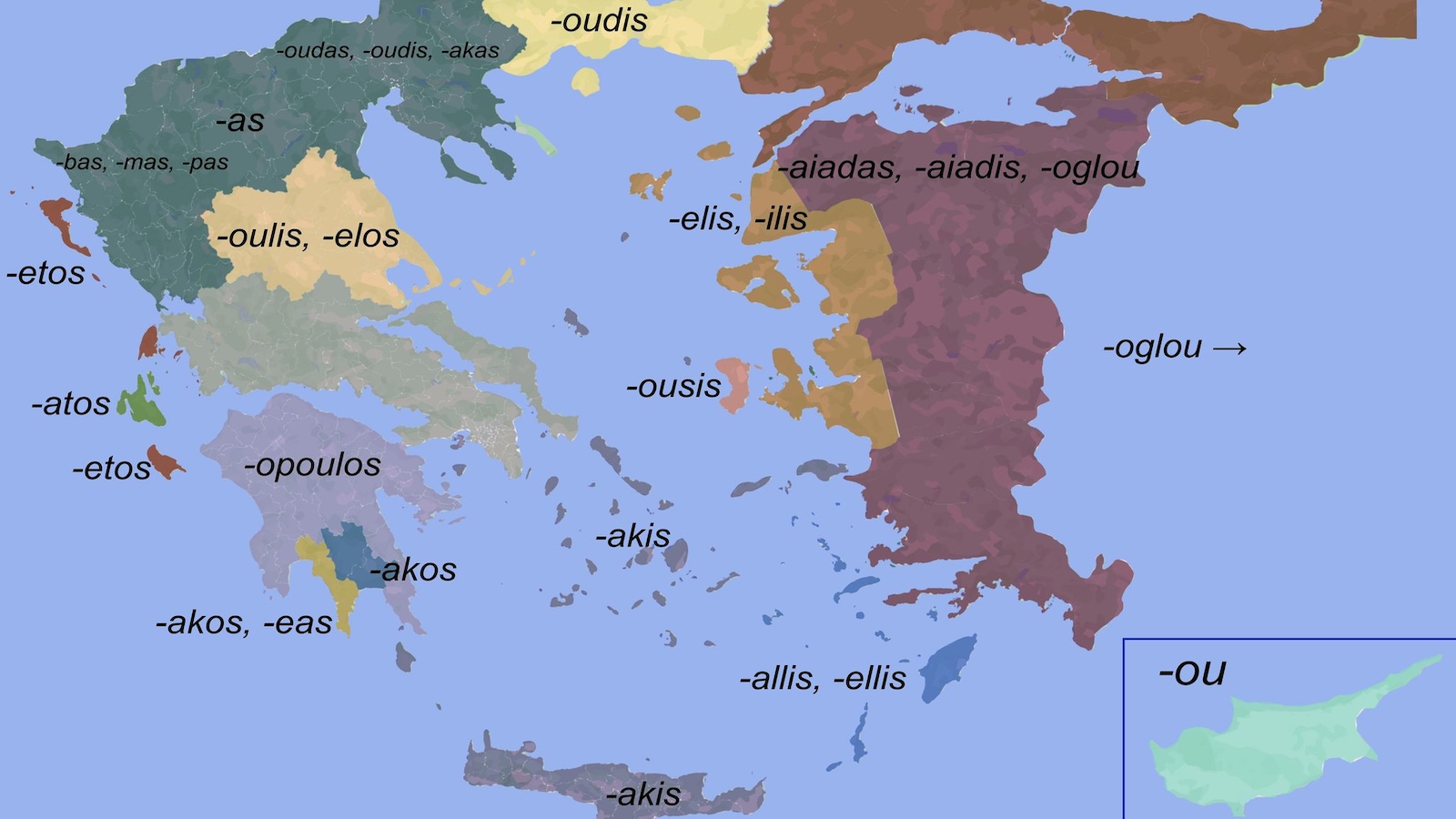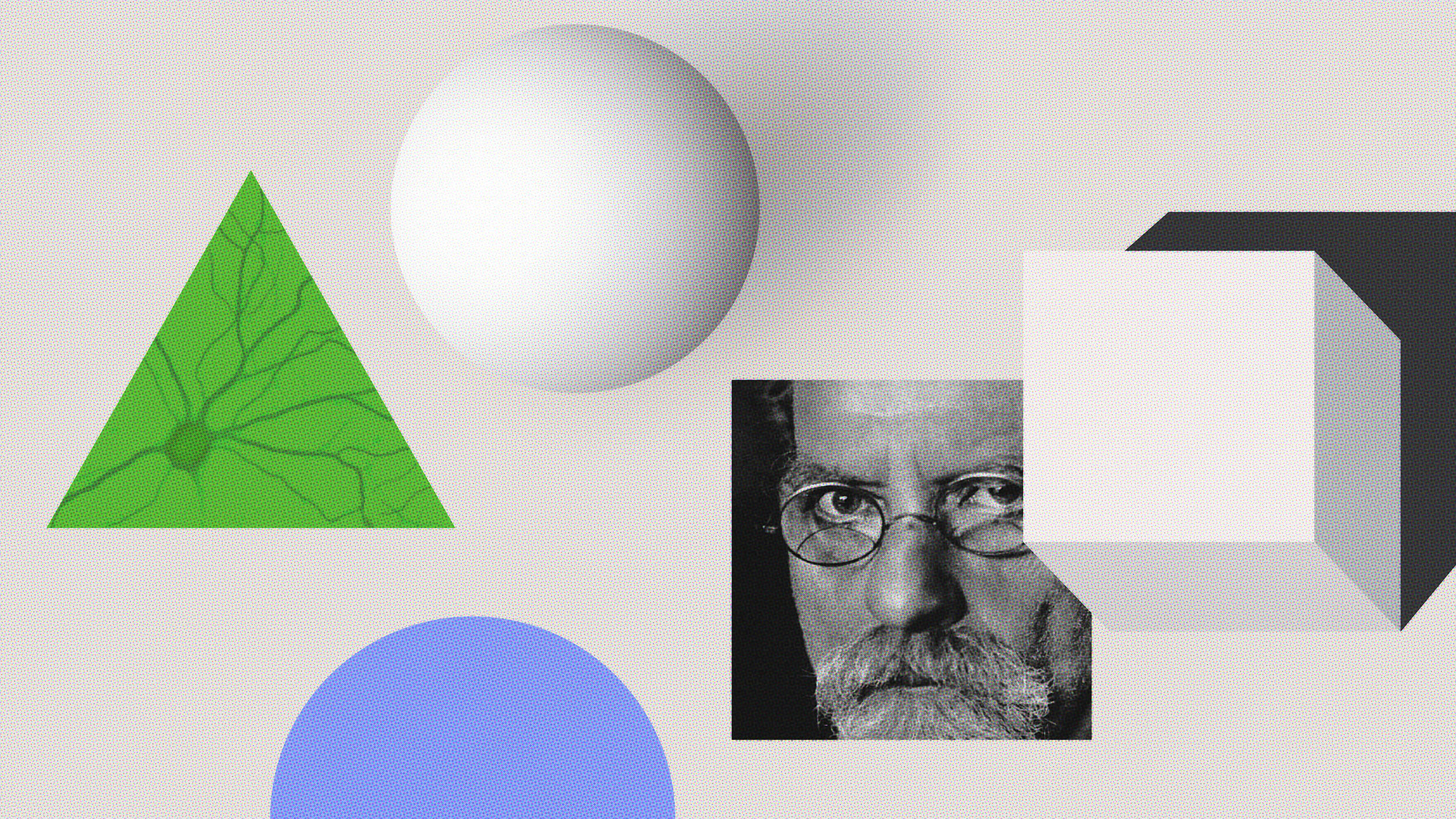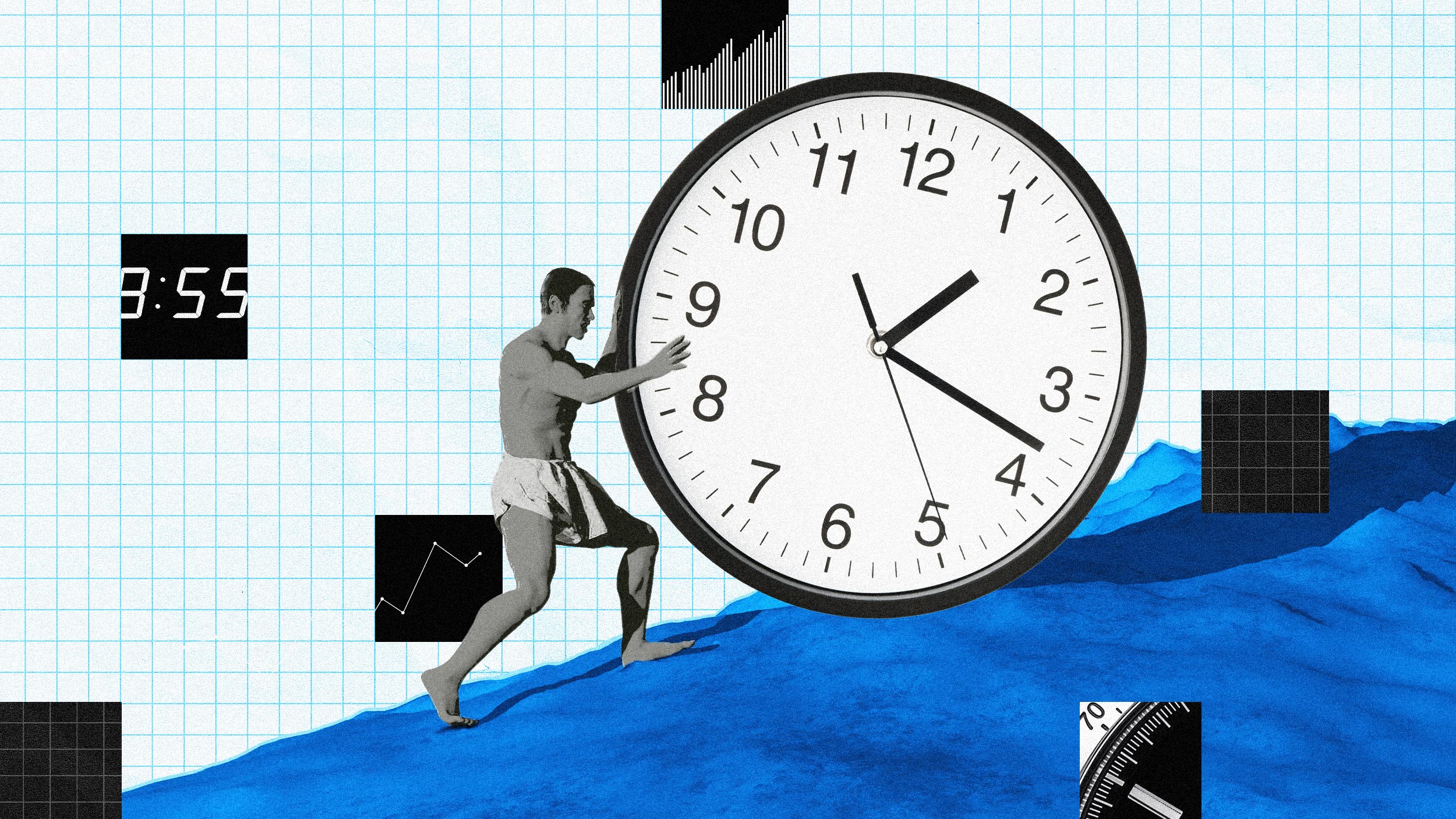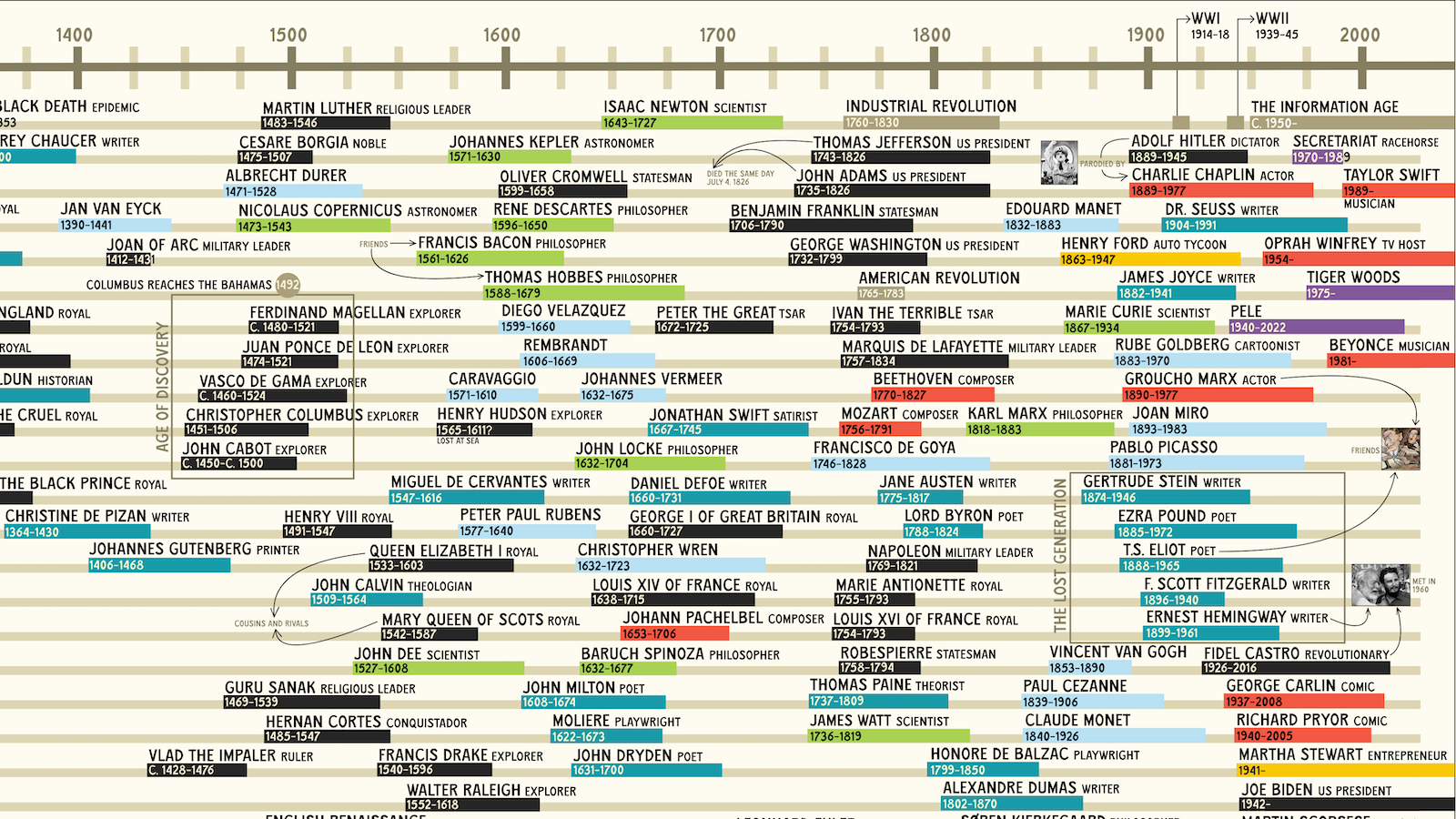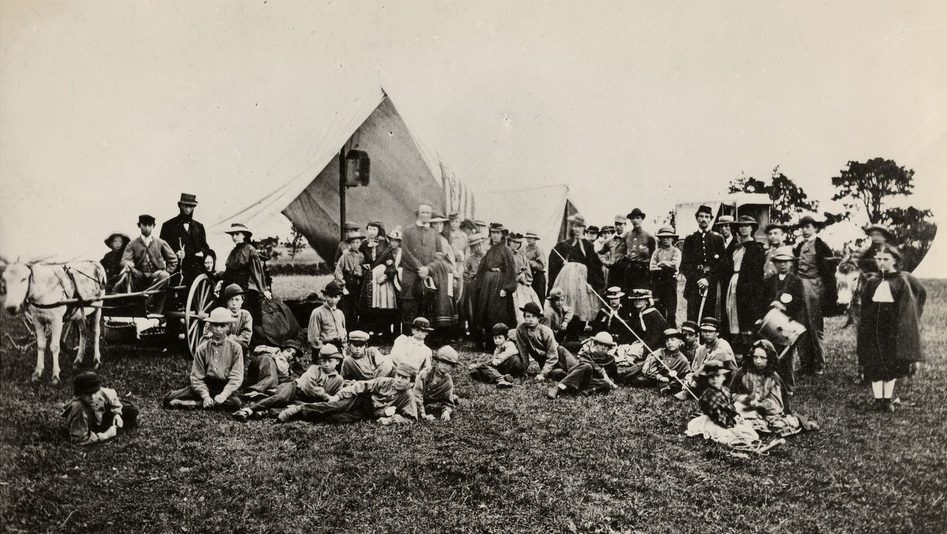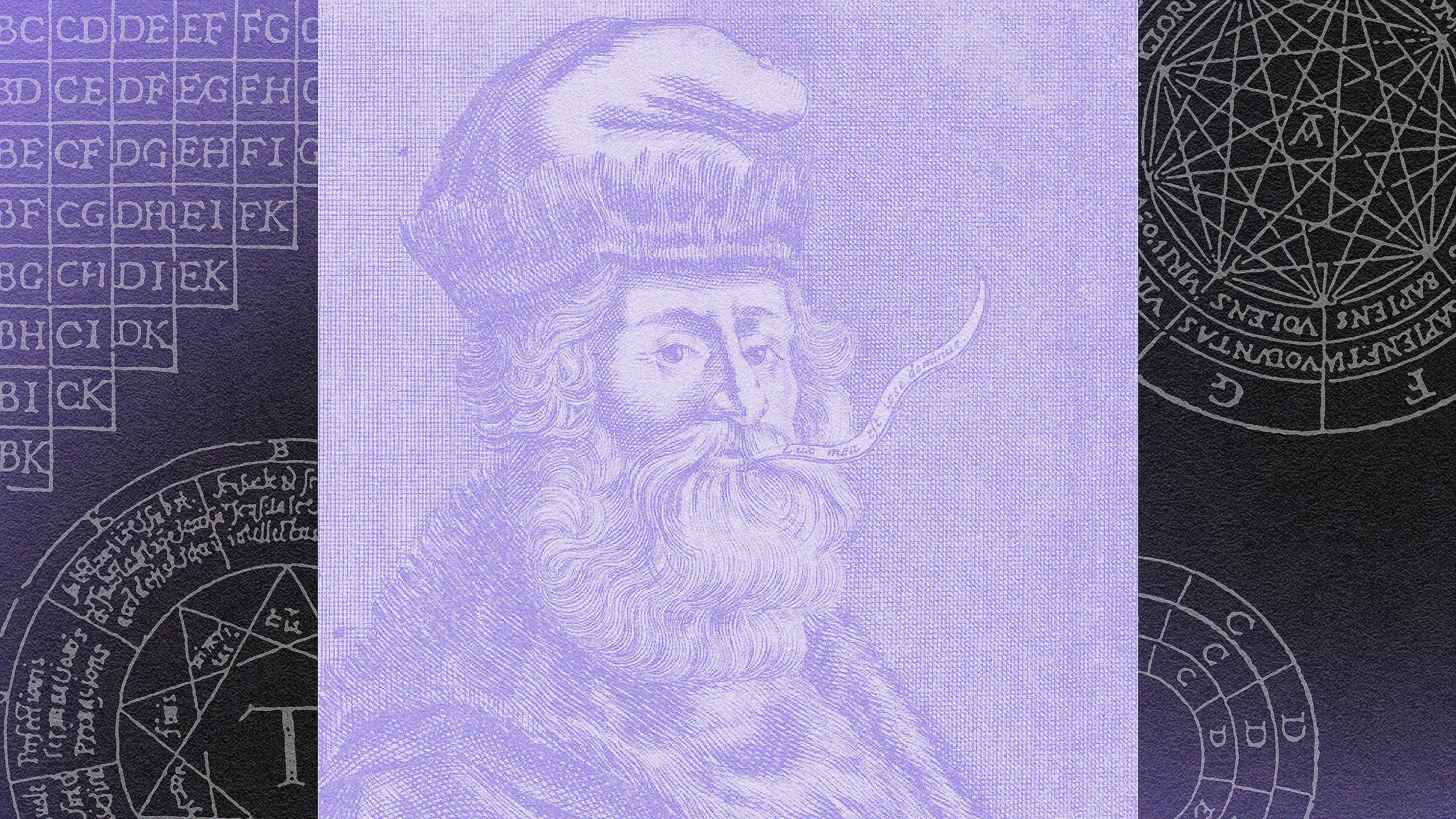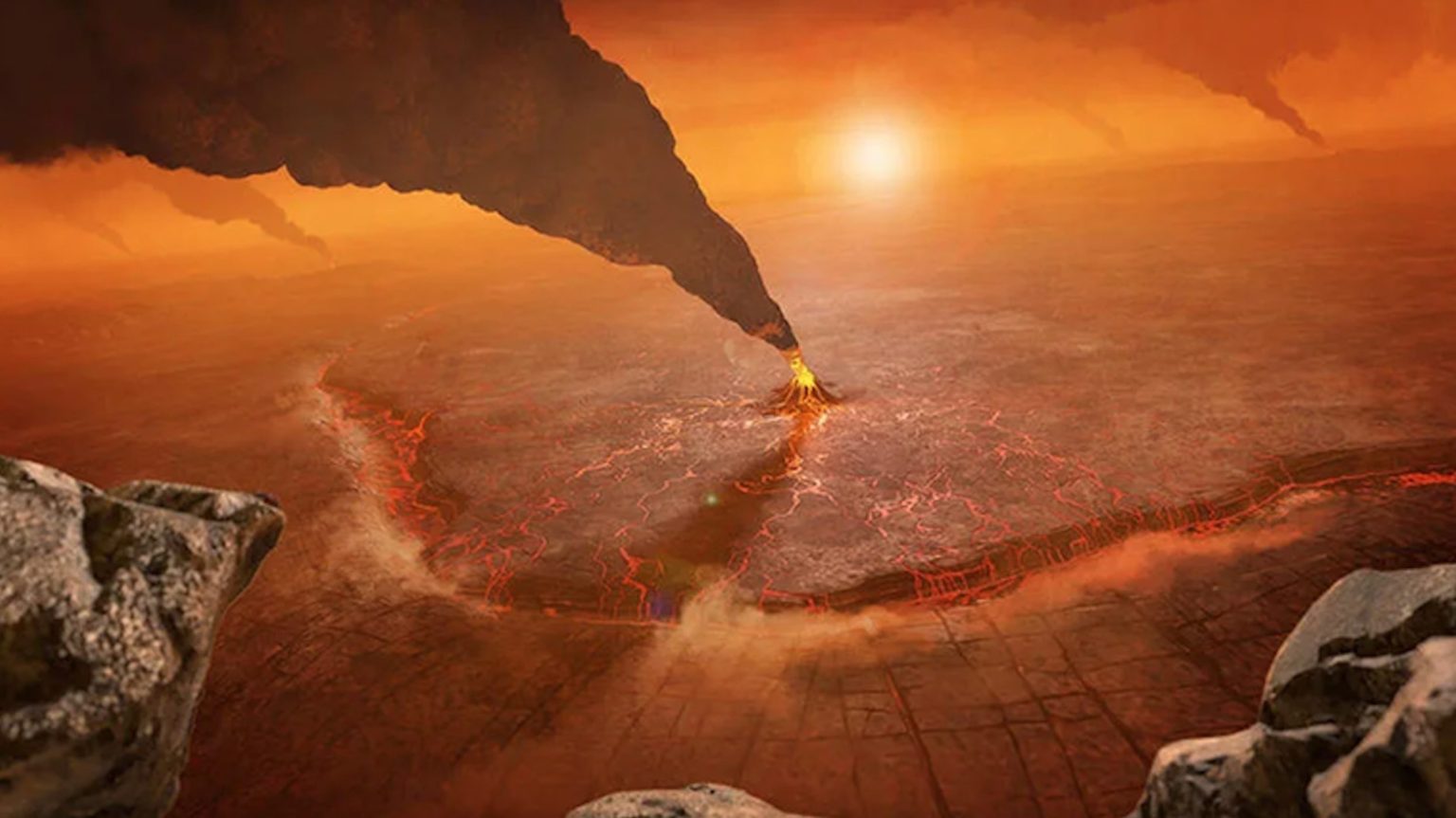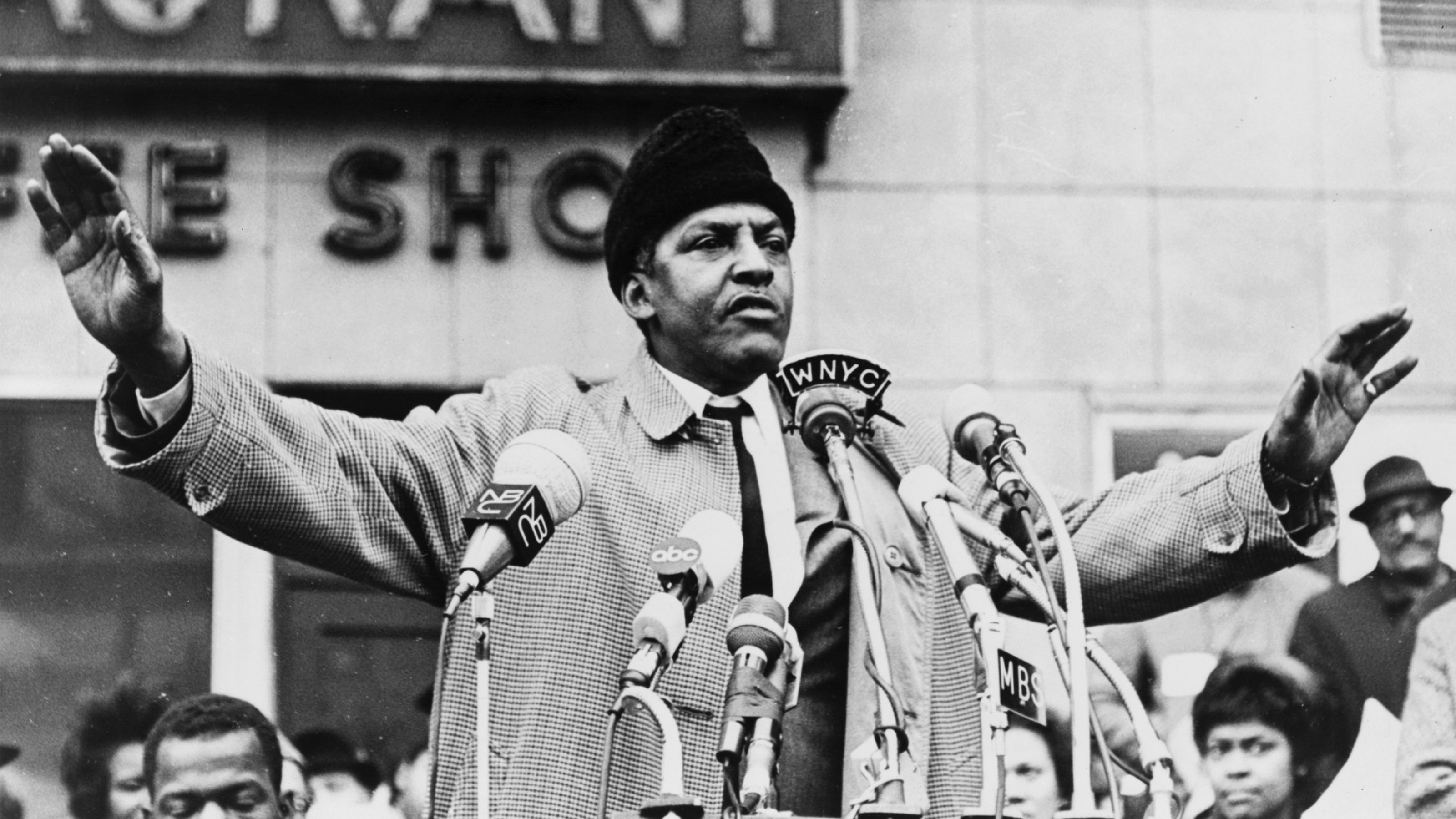history
Sixty years ago, the Soviet Union was way ahead of the USA in the space race. Then one critical event changed everything.
What if the barrier to a fulfilled life isn’t technology but culture?
“Could you create a god?” Nietzsche’s titular character asks in “Thus Spoke Zarathustra.”
How many scientists does it take to ruin a good conspiracy?
In November 1974, astronomers used the radio telescope at Puerto Rico’s Arecibo Observatory to send a hello to the universe.
“I was stunned. Here in front of me was the original apparatus through which a new vision of the world was slowly and painfully brought to light.”
We need a “theory that explains the evolution of evolution,” argues theoretical physicist Sara Imari Walker.
While we’re busy wondering whether machines will ever become conscious, we rarely stop to ask: What happens to us?
“The evolution of digital media makes stricter regulation of online behavior not only feasible but inevitable,” writes media ecologist Andrey Mir.
Many beloved fantasy adventures take place in worlds that bear a striking resemblance to our own.
Burns’ latest documentary dives into the long-romanticized life and work of the Italian polymath.
From Einstein to Twain, Garson O’Toole investigates the truth behind your favorite — and often misattributed — quotes.
“I am free. It’s a lot of effort to be free from the prison that is in your mind, and the key is in your pocket.” – Edith Eva Eger
Modern autocracies operate “not like a bloc but rather like an agglomeration of companies,” says journalist and historian Anne Applebaum.
The Sovereign State of the Bektashi Order would be just one quarter the size of Vatican City.
Historian Timothy Snyder talks with Big Think about how true liberty requires both negative and positive freedoms.
Dinosaurs and other beasts were once thought to be the “undisputed masters” of Venus.
Are breakthroughs really a matter of chance, or are they simply waiting to be uncovered by the right person at the right time?
“In that conversation with Laozi’s text, I began to see the shape of my own life, the questions that opened seams, the patterns that pooled and shimmered.”
Some biologists believe natural selection produces animals that are just good enough. Dawkins disagrees.
The hidden story behind Greek surnames and how they trace family origins across the country — starting with the name of a would-be U.S. president.
By focusing on the role of human experience, we may uncover new insights on the fundamental structure of reality.
Oliver Burkeman — author of “Four Thousand Weeks: Time Management for Mortals” — tells Big Think about modern life lessons from a 6th-century monk.
“The Big Map of Who Lived When” plots the lifespans of historical figures — from Eminem all the way back to Genghis Khan.
The annual rite of passage has always been more about the ambivalence of adults than the amusement of children.
Why human attempts to mechanize logic keep breaking down.
Thinking of a number between one and ten? Here’s how predictable human responses create the illusion of telepathy.
Famed activist Bayard Rustin constantly faced the dilemma of coordinating collective pursuits among diverse groups of people.
In a world of rising cynicism, a celebration of our capacity to create, adapt, and thrive.



